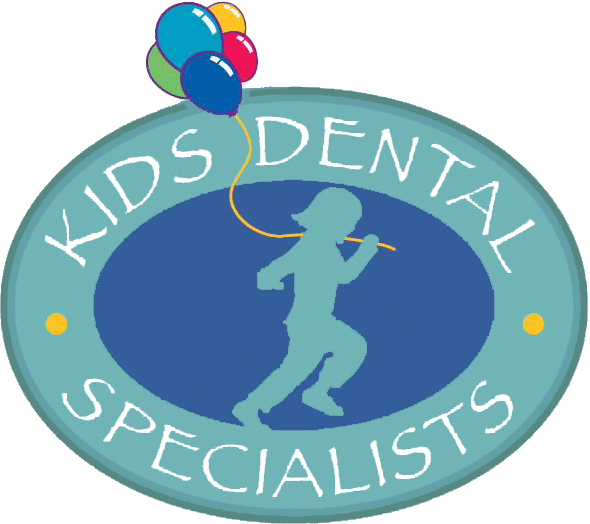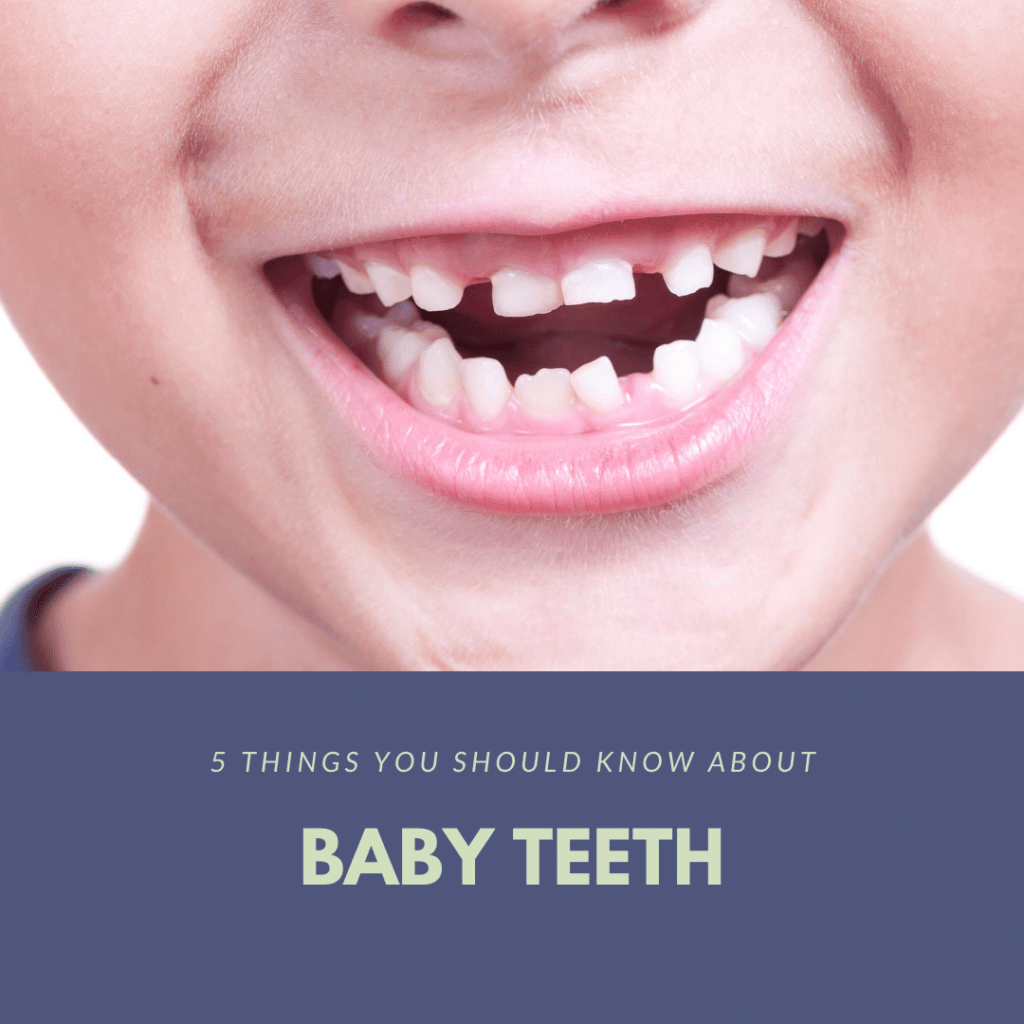What do you know about baby teeth besides the fact that will be lost before adulthood? If you don’t know much about baby teeth, don’t worry you’re not alone. In fact, many people don’t know much about baby teeth since they only had them as a child and never really thought about them once they were lost. However, if you are now a parent who is concerned about your child’s oral health, you may be wondering more about baby teeth. Here are 5 things that you should know about baby teeth:
Their purpose
Only do baby teeth allow your child to smile, but they also allow them to chew their food and speak correctly. In addition baby teeth help to preserve enough space in the mouth for the permanent teeth and decrease the risk that they will come in crooked.
When they come in and when they fall out
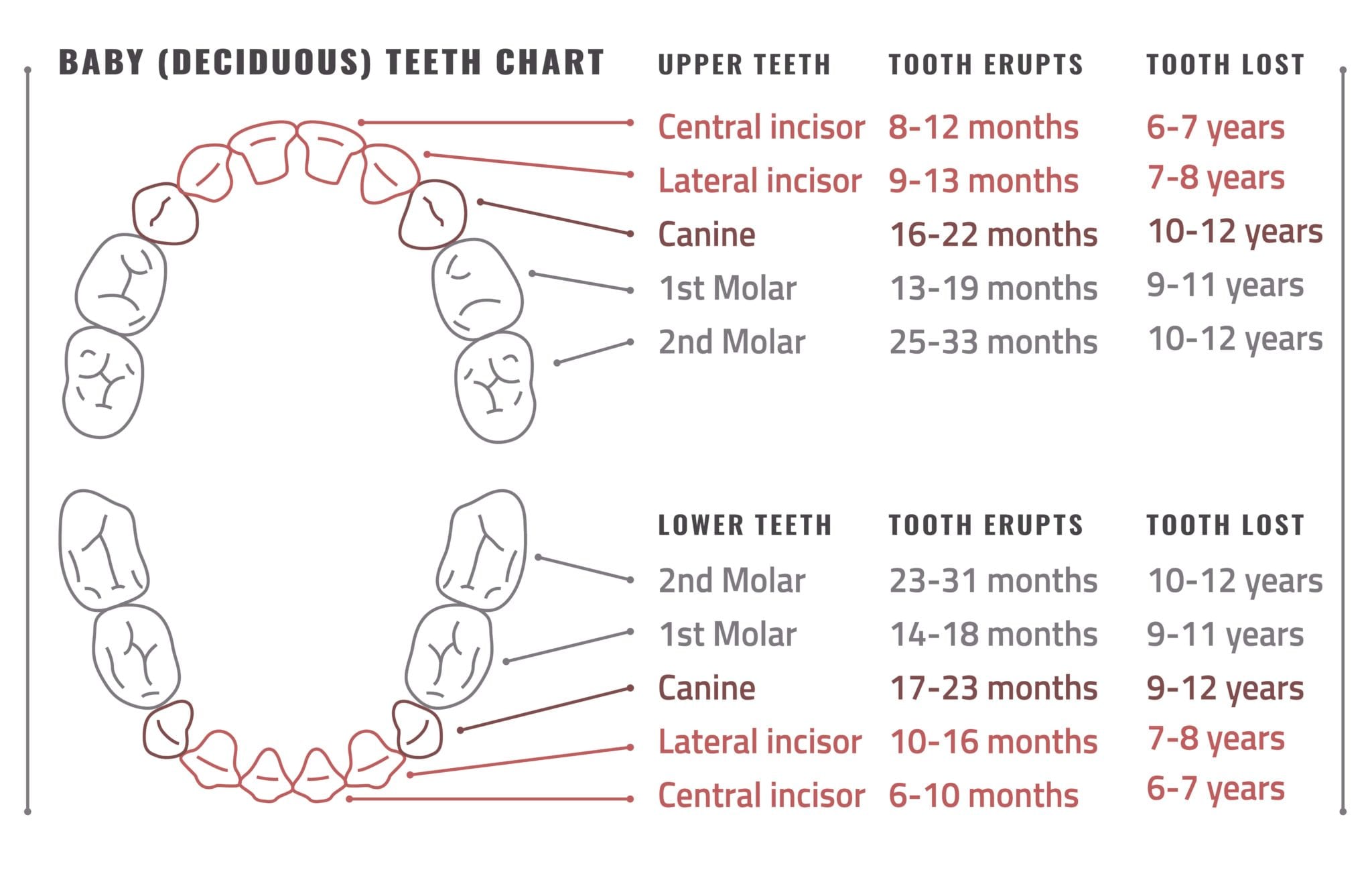
To make sure your child is growing properly, you will also need to have a basic idea of when to expect erupting teeth, as well as when to expect baby teeth to fall out. Most children will get their first tooth around 6 months to 1 year of age. This first tooth is usually one of the lower incisors. You can refer to this tooth eruption chart to anticipate the eruption of your child’s baby teeth. Between the ages of 2 and 3, you can expect all 20 of your child’s teeth to be finished erupting.
After baby teeth have erupted, the next thing to keep track of is when they will start to fall out. In most cases, this happens around the age of 6 or 7 and will gradually continue until around the age of 12. You can expect your child’s baby teeth to be lost in the same order as they erupted. Once a baby tooth is lost, you should begin to see the permanent tooth erupting no later than six months after.
How to care for your child’s baby teeth
In order to prevent your child’s baby teeth from decaying, it is important that you know how to care for them. In very young children, you will simply need to wipe down their gums with a soft, warm cloth. For children up to the age of 3, you can brush their teeth with a dab of toothpaste about the size of a grain of rice. Children ages 3 and up can start learning how to brush their own teeth and can use a pea-sized amount of toothpaste. However, you should always watch your child to make sure they are brushing correctly and not swallowing the toothpaste.
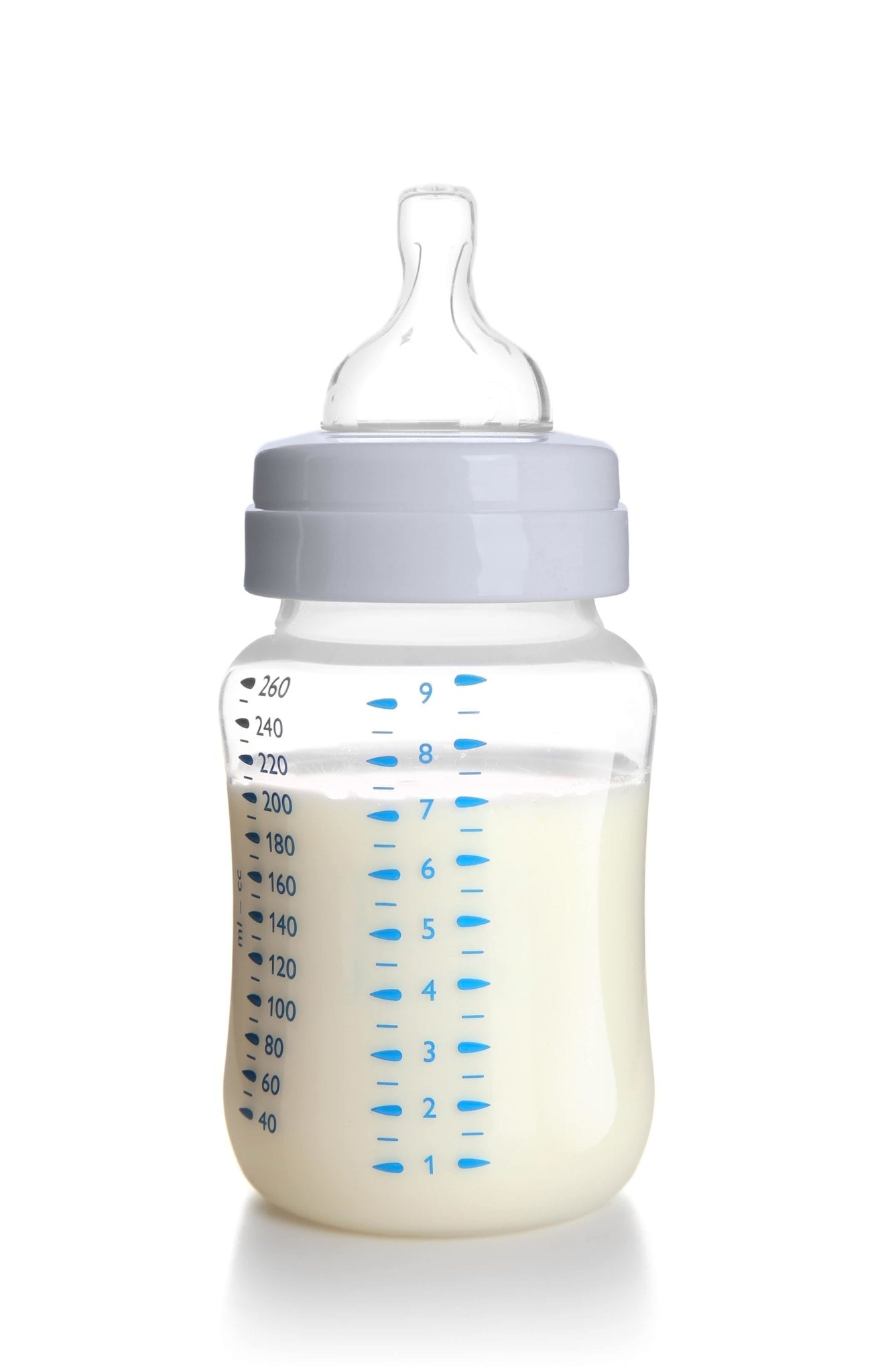
Baby teeth can decay
Just like permanent teeth, your child’s baby teeth are also able to decay if not properly taken care of. One common type of tooth decay seen in young children is called “baby bottle decay” and it is caused by young children falling asleep with bottles containing sugary drinks. To prevent this common form of decay, it is encouraged to only put water, milk, or formula in baby bottles and to take the bottle away while your child is sleeping. Children’s teeth can also decay as a result of high sugar consumption and poor oral hygiene.
Bad habits can affect their shape
There are certain bad habits that can actually change the orientation of your child’s baby teeth. Thumb or finger sucking, as well as frequent pacifier sucking are all habits that can be potentially harmful to your child’s oral health if continued past the age of 5. This is because the pressure of sucking, as well as the force exerted by the object being sucked on causes the upper front teeth to flare out. This means that the teeth will grow out rather than down, which can also cause problems with the bite that will eventually require orthodontic treatment.
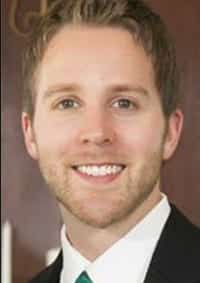
Dr. Leyster is a board-certified pediatric dental specialist. He is recognized as a Diplomate of the American Board of Pediatric Dentistry. He has served as faculty as an Assistant Professor at the University of Southern California School of Dentistry in the Division of Public Health and Pediatric Dentistry. Dr. Leyster belongs to the American Academy of Pediatric Dentistry, American Board of Pediatric Dentistry, California Society of Pediatric Dentistry, California Dental Association, Pacific Northwest Dental Association, and the American Dental Association.
